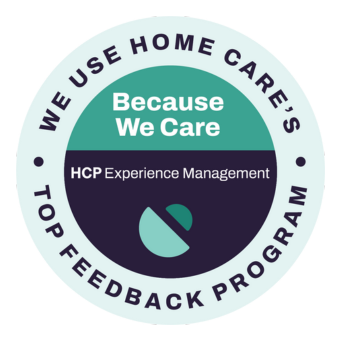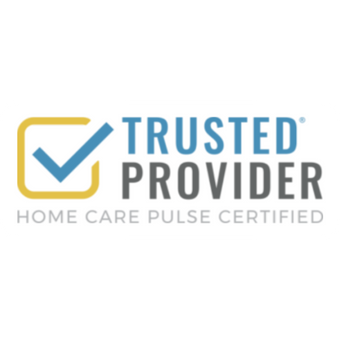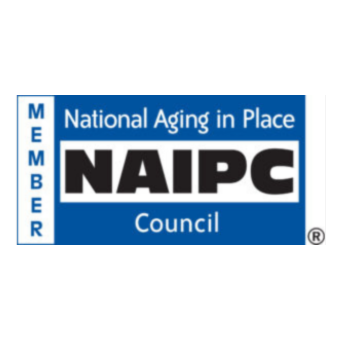
Elderly Care in Durham NC: Dad Was Diagnosed with Coronary Artery Disease—What is That?
Coronary artery disease (CAD) is more common than any other kind of heart disease. Simply put, CAD is when the main blood vessels that carry blood to the heart are damaged. In most cases of CAD cholesterol deposits, or plaque, builds up on the walls of the arteries, which makes them narrow and unable to carry an adequate supply of blood. If CAD goes unchecked, the patient may have a heart attack.
What are the risk factors for CAD?
- Gender: Men are more likely to be diagnosed with CAD, but the risks for women increase after menopause.
- Age: As people age, their arteries are more likely to narrow or become damaged.
- Weight: People who are overweight or obese are at greater risk for CAD.
- Smoking: Smoking or being exposed to second-hand smoke makes CAD more likely.
- Family History: Having a family member with heart disease increases risks, particularly if the person’s father or brother was diagnosed with heart disease prior to the age of 55. The same is true if the person’s mother or sister was diagnosed before age 65.
- Diabetes: Type 2 diabetes and heart disease have some of the same risk factors, so having diabetes makes a person more likely to have CAD.
- High Cholesterol: Since the plaques that form on arteries contain cholesterol, a person with high blood cholesterol is at greater risk for CAD.
- High Blood Pressure: When a person’s blood pressure is high, the walls of the arteries can harden and become thicker, restricting the flow of blood to the heart.
- Lack of Exercise: Leading a sedentary lifestyle could lead to CAD.
- Stress: People who lead stressful live may damage their arteries.
What are the symptoms of CAD?
In the beginning, there may be no symptoms at all. However, as more plaque builds up in the arteries, a person may have chest pain, which is called angina. The pain sometimes feels like a tightness in the chest and occurs when the person is doing an activity that places strain on the heart. In women, the pain might feel like a stabbing pain in the chest, back, or arm. People with CAD might also experience a shortness of breath. When an artery becomes entirely blocked, the person may have a heart attack.
How can Dad’s elderly care provider help him manage the disease?
Dealing with CAD requires lifestyle changes, which can be difficult to maintain. Your dad’s elderly care provider can help him by reminding him to take his medications, such as those to control blood pressure or lower cholesterol levels. The elderly care provider can also encourage your dad to get some exercise and eat healthy meals, both of which can lead to weight loss and help in controlling the disease.
If you or an aging loved one are considering elderly care in Durham, NC or the surrounding areas, please contact the friendly staff at HomeChoice Home Care Services. Call today (919) 847-5622
Sources:
https://www.cdc.gov/heartdisease/coronary_ad.htm
http://www.mayoclinic.org/diseases-conditions/coronary-artery-disease/home/ovc-20165305
http://www.mayoclinic.org/diseases-conditions/coronary-artery-disease/symptoms-causes/dxc-20165314
http://www.mayoclinic.org/diseases-conditions/coronary-artery-disease/symptoms-causes/dxc-20165314








